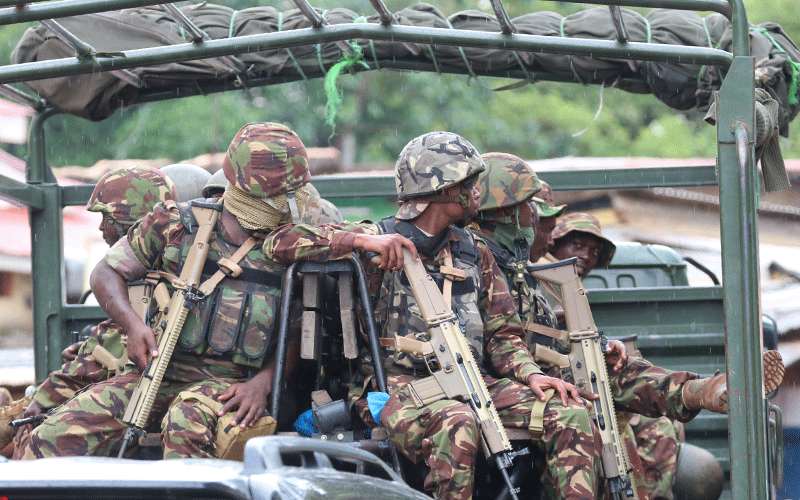Change of tack in fight against terrorism welcome

Kenya is on course in dealing with violent extremism (VE), radicalisation and terrorism threats, if the national strategy for preventing such threats is anything to go by.
It seems authorities have moved away from dealing with VE and radicalisation in the narrow perspective of security alone and is using a more expanded multi-sectoral approach to deal the threats a deadly blow.
The change of approach by roping in more stakeholders — including religious and community leaders, the media and the civil society — under the coordination of the National Counter Terrorism Centre seems to be bearing fruit, gradually.
Terrorism is a global problem that requires the involvement of all stakeholders.
In addition to the national Counter Violent Extremism (CVE) strategy, a number of counties have developed and are implementing specific counter interventions, with a measure of success. The efforts need to be scaled up as the country continues to fight the vice.
The change in approach was necessary. The country was spending much time and resources in addressing VE and radicalisation with very little to show for it.
Kenya had for years faced frequent terrorist attacks and increased incidents of VE and radicalisation and it was necessary for the country to conduct a research and apply the knowledge and information from it to fight the vice.
Therefore, the involvement of media, particularly, is key in mitigating the effects of VE and radicalisation.
As the watchdog, the media will help in ensuring accountability in the use of the resources allocated for the purpose as well as sharing counter narratives.
Thus it’s very crucial for the media, security sector players and other stakeholders to come up with guidelines for covering terrorism and other emerging security threats that thrive on oxygen of publicity in a manner that does not fuel and embolden the enemy.
More importantly, and with the current exposure by the youth to more online platforms given the effects of Covid-19 pandemic that have seen increased use of the Internet while staying or studying at home, efforts must be scaled up to create awareness to the effects of radicalisation and more counter narratives on VE.
The media and religious leaders have the means to reach the target stakeholders and, therefore, NCTC’s continuous engagement with these groups is strategic.
Journalists will become strategic partners in creating narratives that are relevant to the current challenges facing the youth, handling and creating space for a national conservation on VE and radicalisation, improve on the framing of the issue in editorial content. — The writer is the Deputy Chief Executive Officer and Programmes Manager at the Media Council of Kenya












